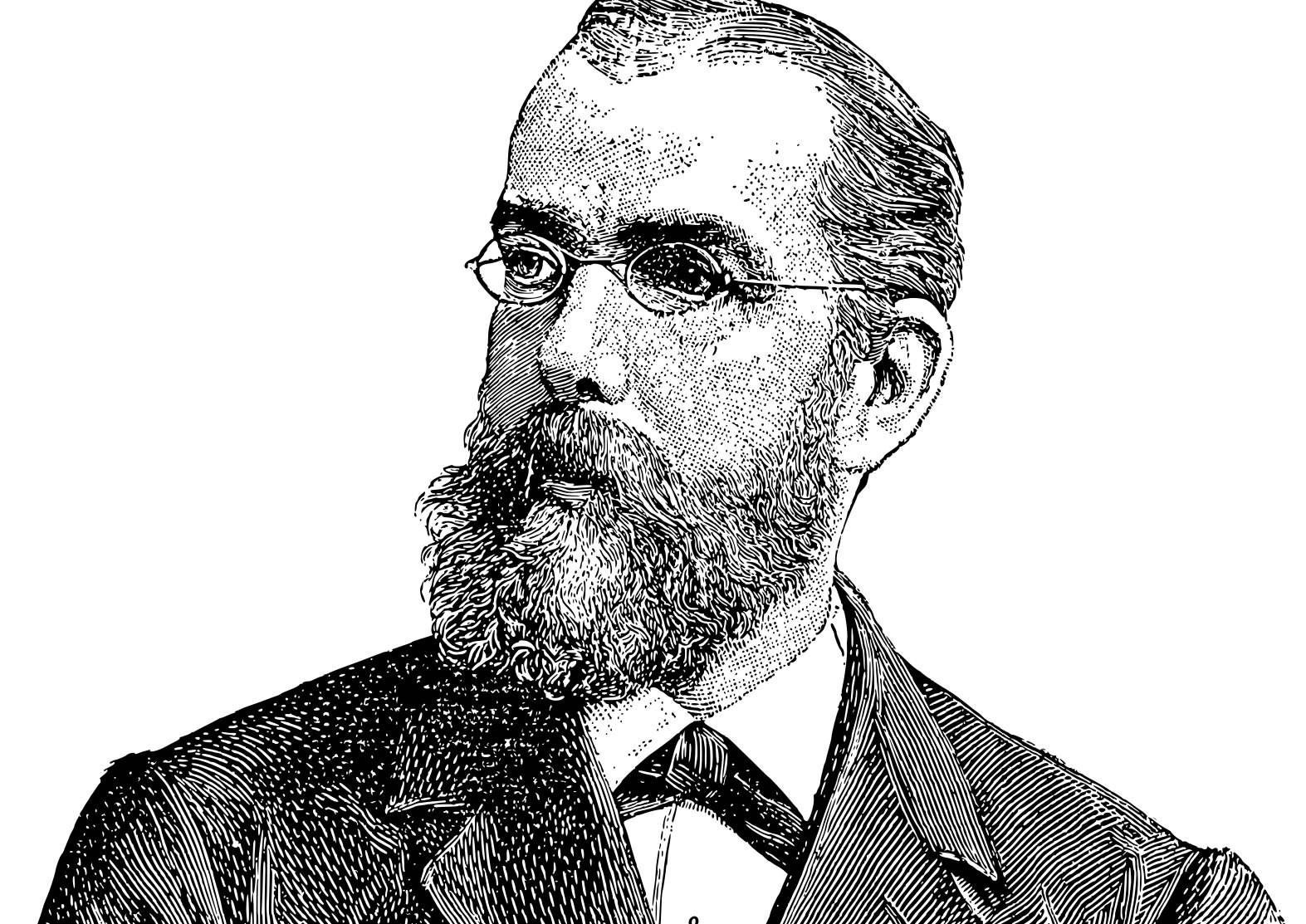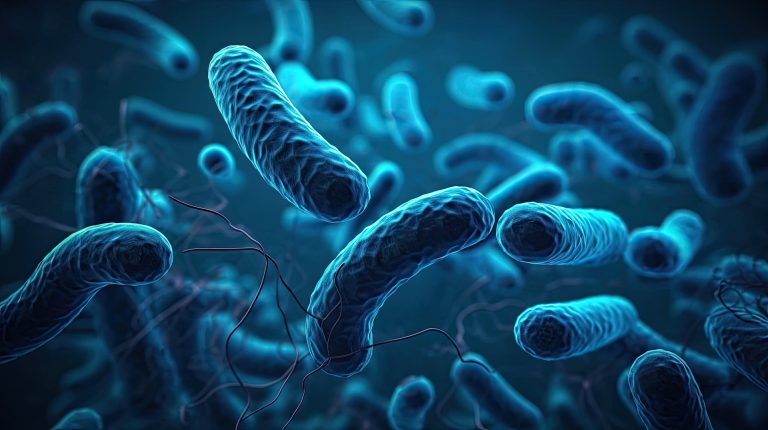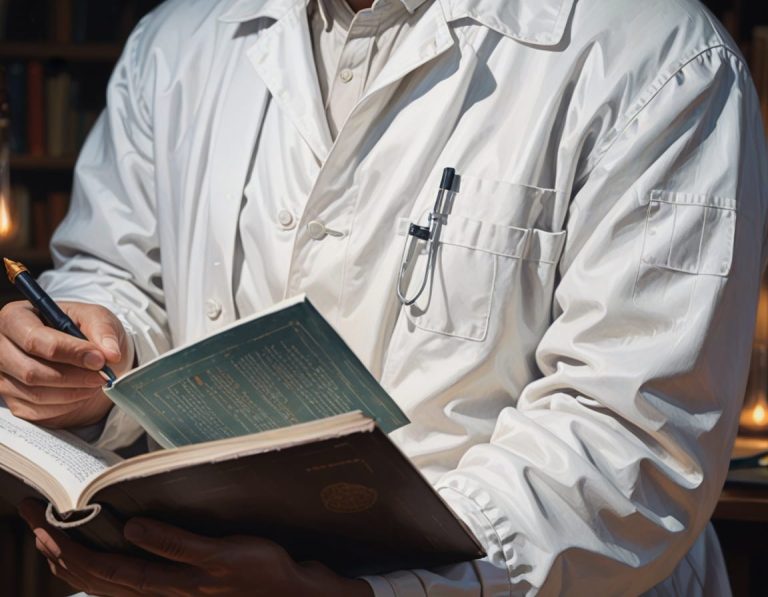Following my success at passing the IBMS Fellowship examination in Medical Microbiology, I spent a year working at one of the largest microbiology departments in the UK, based in South Manchester at Withington Hospital. A jointly located hospital and Public Health Laboratory, this place certainly contained several real characters. One I remember was Consultant Epidemiologist, Dr D A Robinson. In the years closely following the discovery that Campylobacter jejuni caused human diarrhoeal illness, Dr Robinson set about a study of his own. Looking at milk-associated outbreaks of C. jejuni he argued that there was a suggestion of a very low infective dose. His study was published in British Medical Journal V 282, 1981, in which Dr Robinson reported the following case study, I quote:
“On 6th December, two hours after a light breakfast, I swallowed 500 organisms of a known serotype of C. jejuni in 180ml of pasteurised milk.” Then further added, “Abdominal cramps and mild diarrhoea containing mucus but no blood developed at day 4 and lasted three days.” Dr Robinson then concluded with slight humour, saying “I think this is the first time that the requirements of Koch’s postulates have been met definitively for C. jejuni in man.”
A little above and beyond the call of duty would be my own conclusion.
Peter Kerfoot MSc FIBMS
December 2024



